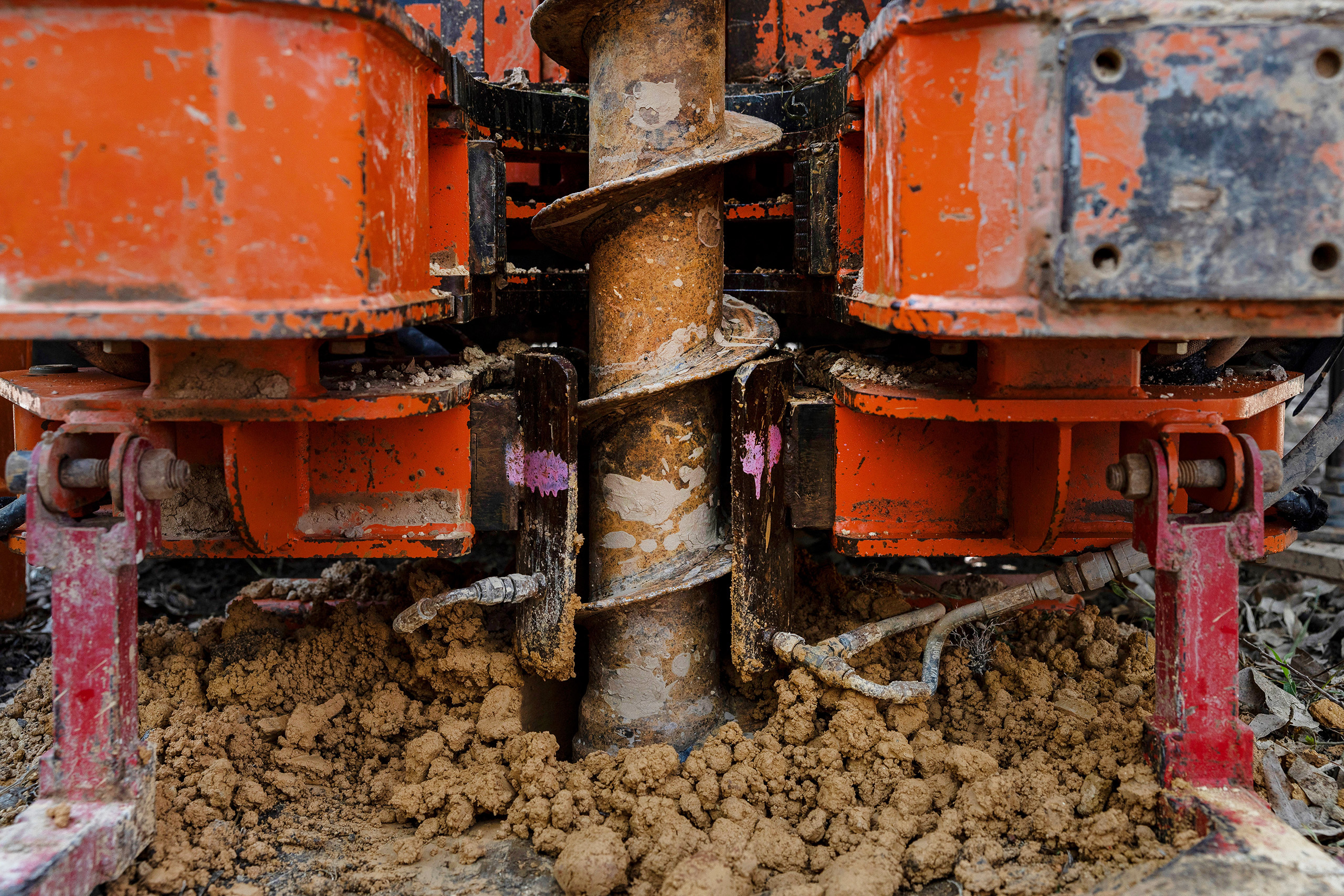In their meeting in Washington this week, Donald Trump and Anthony Albanese agreed on a joint supply program for rare-earth minerals in response to China’s tight restrictions on its exports of these critical minerals. So, problem solved?
Not quite. Tiny amounts of these seventeen minerals are vital in the production of a broad range of high-tech products, many of them critical for defence industries. Some commentators have likened them to a spice which, added to the recipe even in small amounts, greatly enhances the dish.
For more than a decade, vulnerability to a Chinese rare-earths embargo has been apparent. In 2010 China embargoed rare-earth mineral exports to Japan as part of a territorial spat. Japan backed down but put in place a longer-term response — a $500 million joint venture with Australian company Lynas to produce an alternative supply. Within a couple of years, Lynas was producing rare earths with ore mined in Australia and processed in Malaysia to overcome Australian environmental regulations. It remains the largest alternative source to China, but supplies only a tiny part of the market.
Australia is a major supplier of rare-earth ores but the West has largely left to China the dirty and unprofitable task of processing this ore. China has used the past decade to become very expert. It has scale, cheaper labour and low-cost risk financing provided by the state. It is prepared to put up with the environmental impact of the processing. Its monopoly supply position is a result. We have had the benefit of cheap supply, and turned a blind eye to the vulnerability this created.
Overcoming this vulnerability requires three elements: stringent environmental safeguards, very substantial government subsidies, and time.
Lynas illustrates the environmental challenge. The company initially exported its ore to Malaysia, producing more than a million tons of low-radioactive waste that understandably caused criticism and threatens the future of processing in Malaysia. The proposal to send the waste back to Australia foundered on local environmental opposition. Only after long negotiations and stringent emission controls did the newly constructed processing plant at Kalgoorlie begin production in 2024.
Processing is a risky and expensive business. Iluka, Australia’s other prospective processor, illustrates the challenge. It has a unique advantage — a large stockpile of suitable ore — but still needs a $1.25 billion government loan to make the project commercially viable.
How will the Trump–Albanese deal tackle these issues? Details are not yet public (and probably remain to be worked out). But $US3 billion of government money contributed jointly by the two governments, with further support from the US Ex-Im bank, would be a good start. A government-guaranteed floor price for ore would compensate for the profitless prices China’s oversupply has caused. We have the technical knowledge for processing, enhanced by CSIRO research.
Is the national-security risk worth the considerable commitment of taxpayers’ funds implicit in this deal? The answer may well be that it is, as China’s monopoly in rare-earth minerals gives it such a powerful leverage with serious security implications.
Even this application of substantial government funding still leaves China with embargo power for the immediate future. The critical choke-point is not so much the rare-earth ores (which are, in fact, fairly common in the world) but the processing capacity. Even with expedited regulatory approval, getting processing facilities on-stream will take some years. In the short term, there seems no alternative to working with China to obtain supply continuity.
For Australia, a longer-term issue is at stake. As a medium-sized economy heavily dependent on global trade in general and trade with China in particular, it is not in our interests to foster the fragmentation of international trade and investment into rival blocks with exclusive trading arrangements. Our security partner is America, but our economic partner is China. China is a principal investor in Australia’s existing rare-earth ore mining, with this ore shipped to China for processing. Our comparative advantage is in ore extraction, while China holds comparative advantage in processing.
It is in our interests to maintain multilateral trade and remain open to investment from all countries, including China. We don’t want this deal to send the wrong message to China.
China will understand the response to its embargo. It responded in the same way when America embargoed the export of high-end chips: it set out to manufacture its own. It will also understand that certain national-security goods are so sensitive that some productive capacity will be built and maintained outside China.
When Deng Xiaoping made his oft-quoted comment that “OPEC has oil, we have rare earths,” he wasn’t implying that export embargoes should be seen as a foreign policy tool. This has not, after all, been the basic OPEC strategy. OPEC may exercise some control over price, but its income depends on selling oil to the world. China’s interests are the same. •




